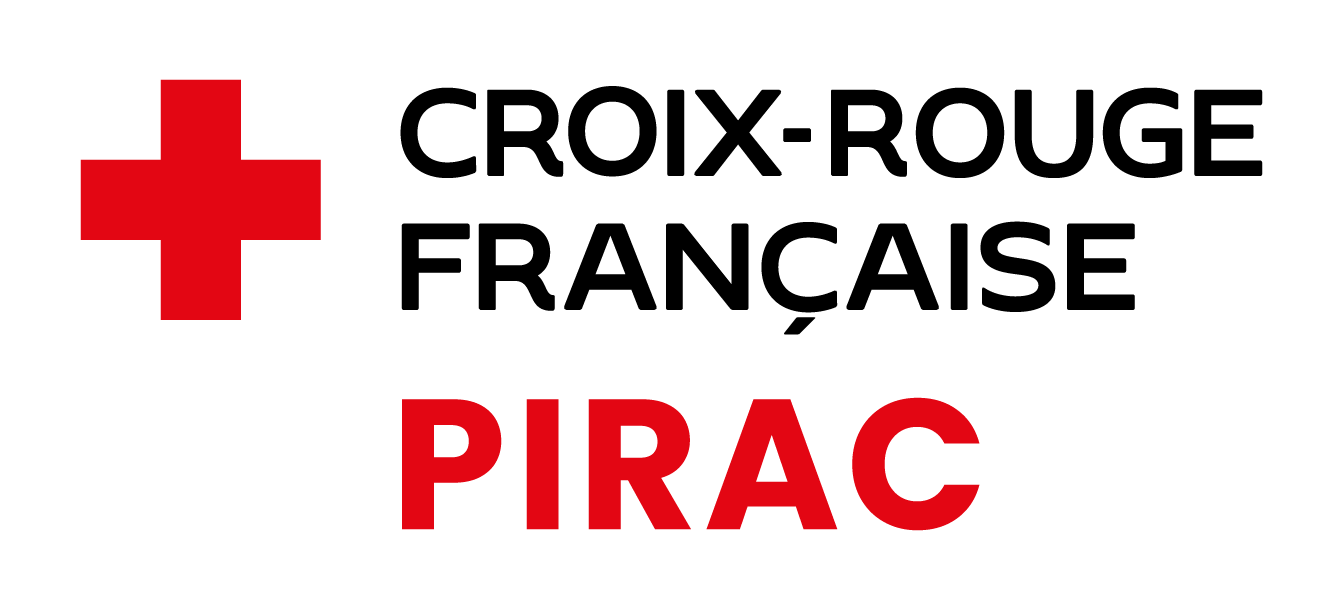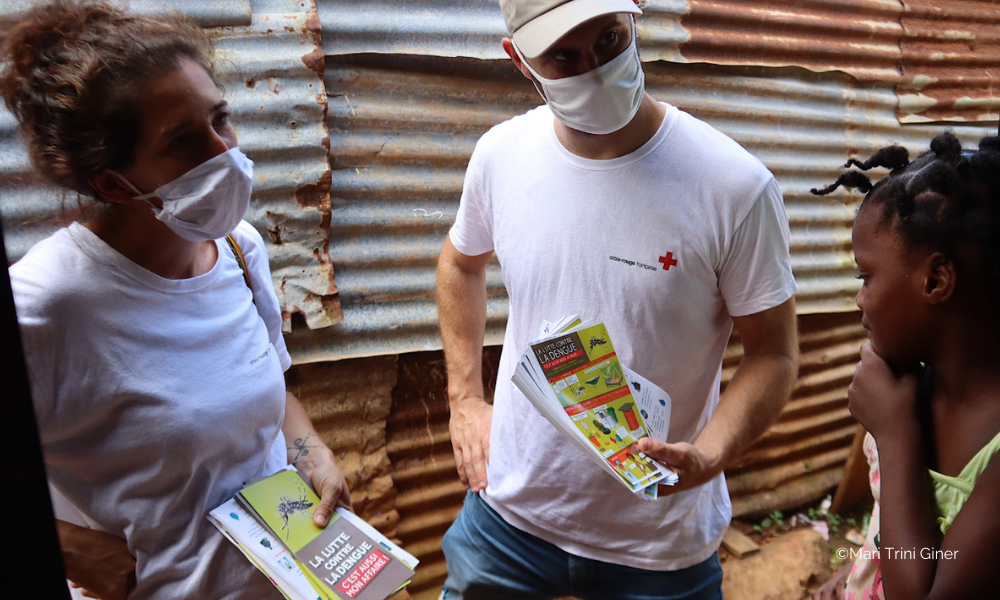The objective of this webinar is to provide elements of expertise on predicted or already current climate changes in the territory and their effects on epidemic risks. The second objective of this event is to promote a reflection on the mobilization of populations through a communication based on their health culture.
Program
In the first part, Christine Ortmans from EHESP will give an introduction on arbovirosis epidemics.
In the second part, Rachel Lowe, research professor at ICREA will speak on global environmental changes and infectious disease epidemics.
In the third part, Bernard Seytre from bnscommunication will speak about communication to raise awareness and mobilize populations.
Part 1
Part 2
Part 3
THE SPEAKERS

Christine Ortmans
Faced with the worldwide Zika epidemic, we asked researchers and infectious diseases specialists for advice on the health risks of this virus, particularly in parturients and their newborns. While Zika was already known in Uganda, it has become more transmissible and probably also more aggressive. It is this outbreak that I will discuss to launch the topic of arbovirus outbreaks in Guyana.

Rachel Lowe


